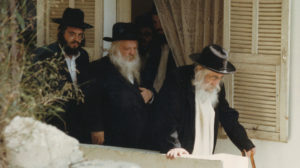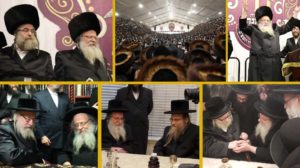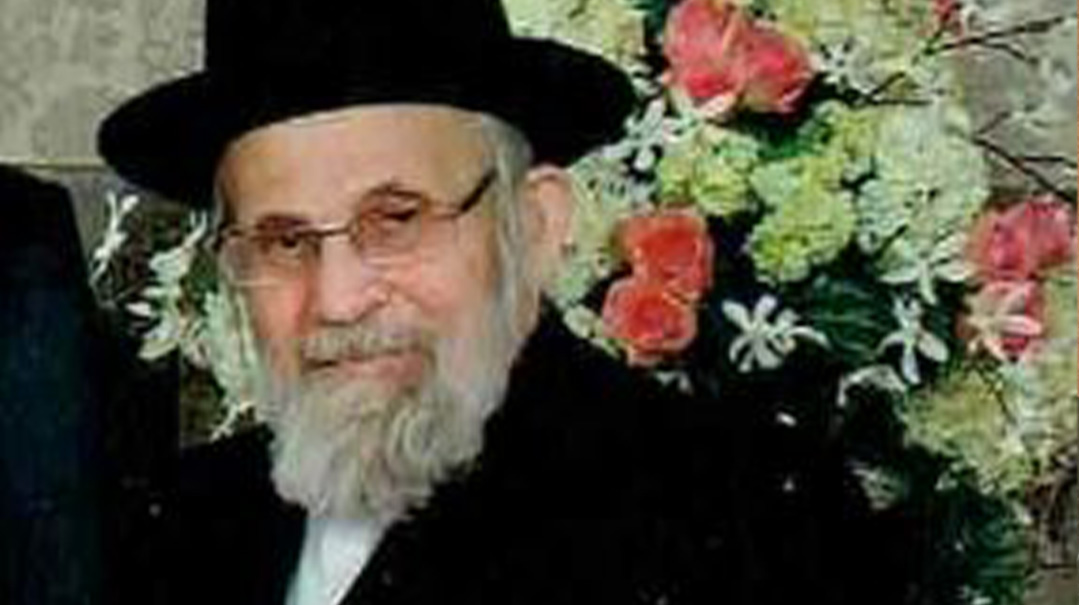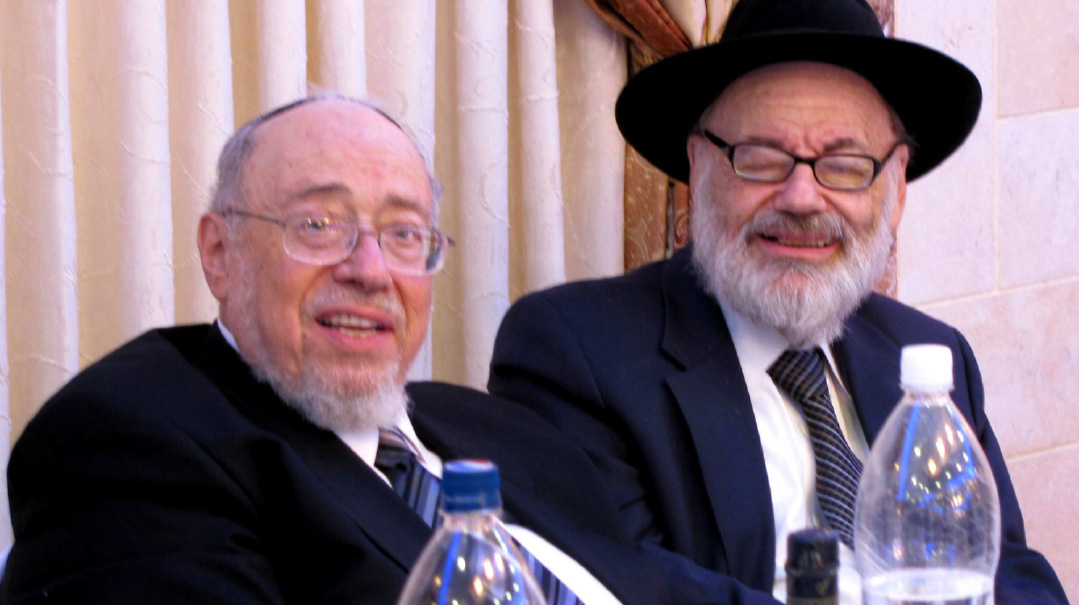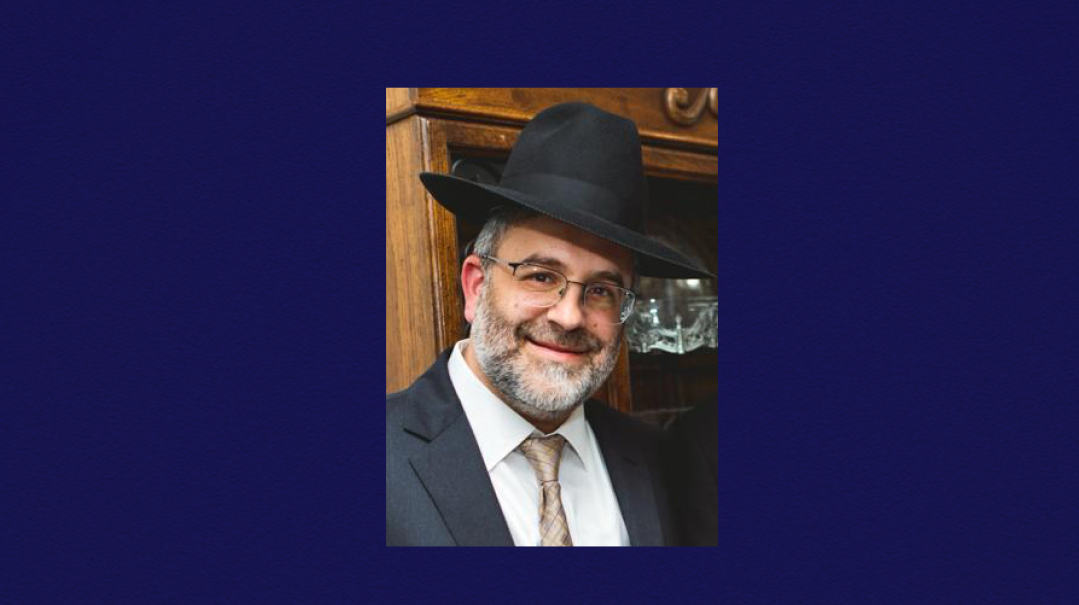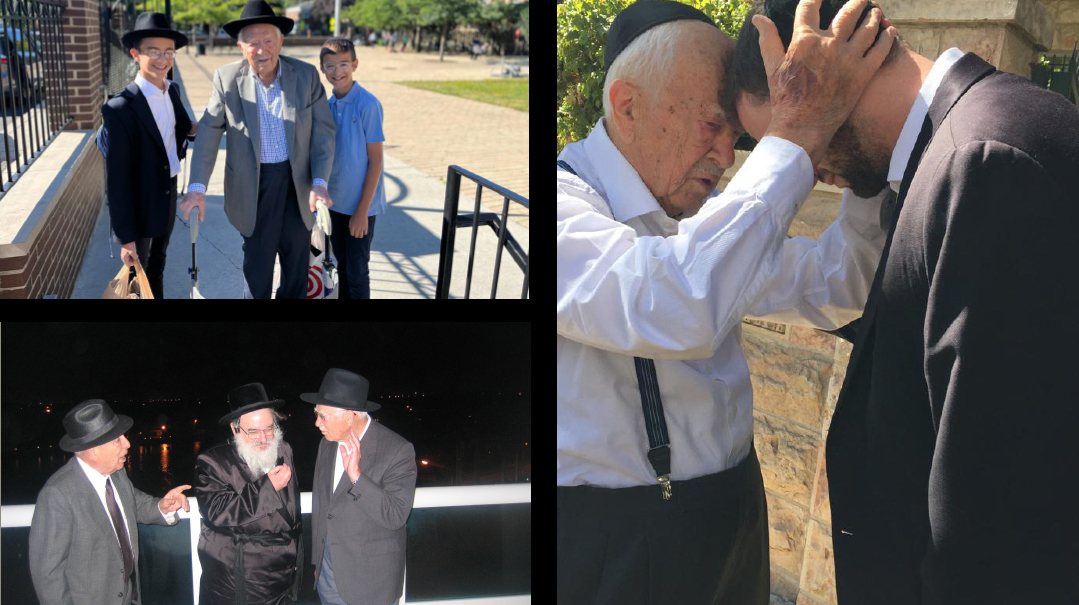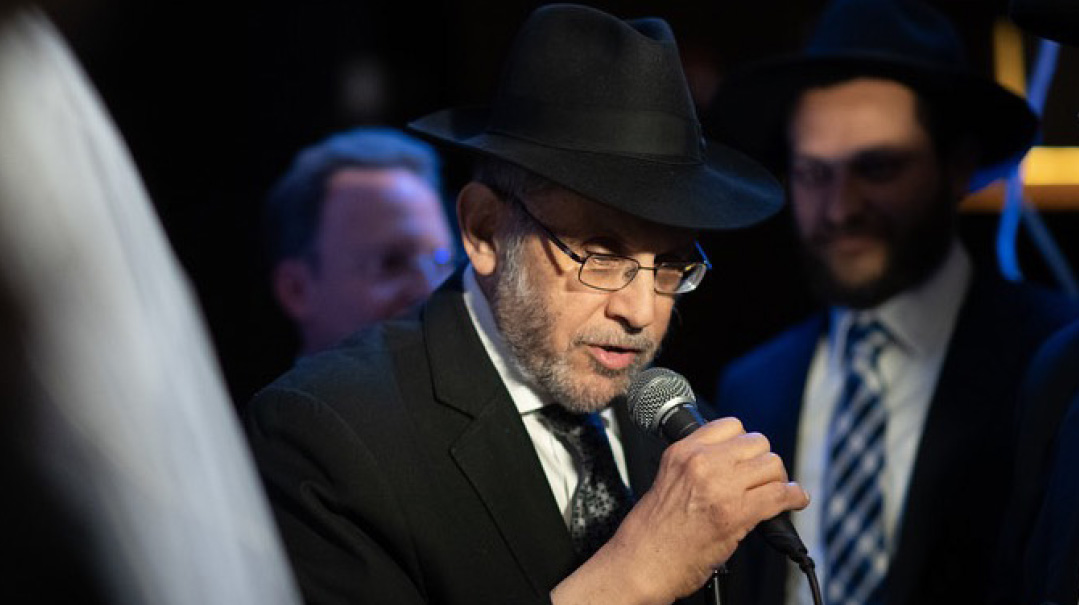His Sacred Mission
| February 24, 2021In Tribute to Rav Moshe Kupetz ztz”l
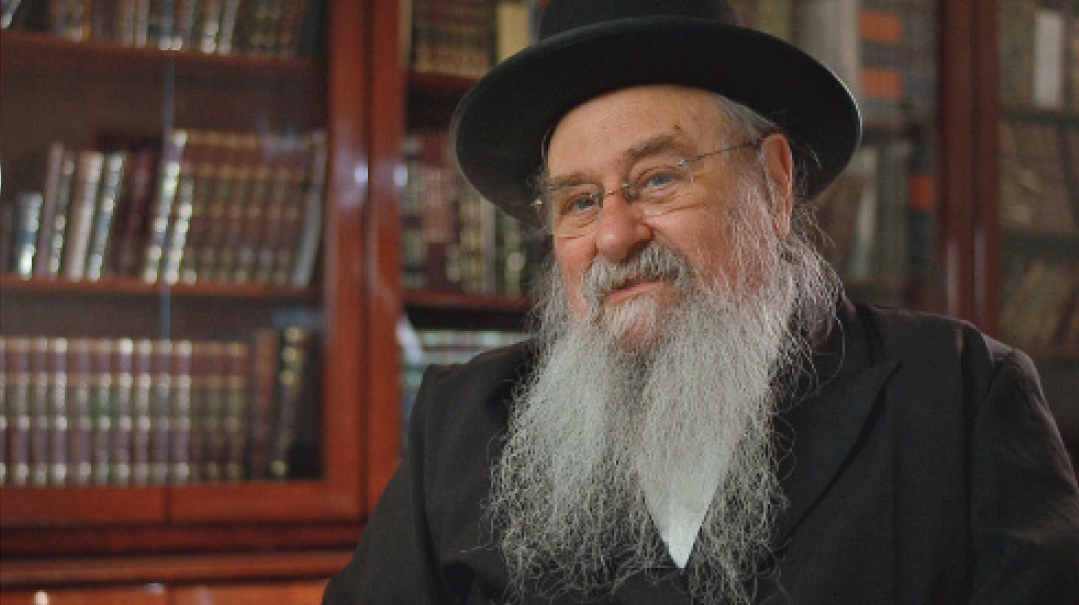
I once heard the venerated rosh yeshivah of Gateshead, Rav Avrohom Gurwicz, recount at a hesped that in ancient times it was tradition to lay the niftar’s book and key on the coffin.
For Rav Moshe Kupetz, who passed away this past Sunday, 8 Adar, that book would have been the Torah he taught to a wide assortment of Jews in Manchester and beyond, and the key would have been the one to unlock hearts of all ages.
He was a pivotal resource for so many Jewish schools — the full range of mosdos chinuch, where he knew his sacred mission was to teach all students with unconditional love and acceptance.
In the last 35 years, from the time I took up a rabbinical position in the region, Rav Kupetz came as a blessed presence into my life. Due to his senior status as a true talmid chacham who was also world-wise, insightful, and even funny, I was drawn to him as a mentor and a guide.
I shared with him my vision of developing my rabbinical position at the Whitefield Hebrew Congregation by introducing the concept of a community kollel as an in-house academy of Torah learning. He answered my call to become a senior rabbinical trustee of the organization and helped in shaping and fostering its growth over many years. In the early years he’d attend the beis medrash every day to learn b’chavrusa, all along giving of his time his energy, his experience, serving in the role of trustee till his last day.
Rav Kupetz, however, was no Manchester native. Born in 1939 to Polish immigrant parents in New York, Rav Kupetz embarked on a journey that took him from Manhattan’s Lower East Side to Manchester’s suburbs. In 1962 he married Rebbetzin Faygie, daughter of Manchester Rosh Yeshivah Rav Yehuda Zev Segal, who herself became a mechaneches of renown in children’s education.
From being one of the first avreichim in the Manchester Kollel, headed by Dayan Yitzchok Yaakov Weiss (renowned author of Minchas Yitzchok), Reb Moshe was soon recruited to serve as a maggid shiur in Manchester’s yeshivah, alongside his father-in-law.
Some years later, his influence within the wider Manchester community grew, as his popular shiurim under the banner of ReSheT (Reshet Shiurey Torah) made Torah and Jewish knowledge available to so many across all sectors of the Manchester community.
From Manchester, Rabbi Kupetz was often called to other parts of England and elsewhere in the Jewish world to share his deep Torah insights and life wisdom — all with his unique humor and charm, and perhaps helped along by the novelty of his Brooklyn accent.
As an organizational trustee, Rav Kupetz had to sign official documents for the UK Government Charity Commissioner — and he would do so with his English name, S. Murray Kupetz. The S, he explained, was there because his name is actually Shalom Moshe, but his parents couldn’t come up with an English equivalent, so they just wrote S. Murray Kupetz on his birth certificate.
“I tell them that Harry S. Truman had the same problem,” he’d say. “His S stood for nothing and he managed to become president of the United States.”
For Rav Kupetz, that S was defining: the name “Shalom” signifies peace and acceptance toward others, understanding of their needs and their different backgrounds. And he was “shalem” with himself as well. He was able to stand outside himself and figure out his own strengths and weaknesses, and when people heard him humorously self-analyze and point out his own quirks and motives, that broke down barriers and encouraged their own self-reflection, helping them move toward a trajectory of change and improvement.
In Moshe Rabbeinu’s rebuke to Bnei Yisrael at the end of his life, the Torah (Devarim 1:12) records the words, “Eichah esa levadi, torchachem umas’achem v’rivchem — How can I alone bear your trouble, your burden, and your quarrel?” According to the Ramban, those three refer to the functions of Torah teaching, prayer, and administering justice in society. They correspond to the traditional three pillars on which society rests (Pirkei Avos 1:2) — Torah, service of G-d through prayer, and kind deeds.
Torchachem, “your trouble,” refers to the function of teaching Torah to the people. It is termed a trouble, for it would have been too heavy a workload for one man to teach Torah to a whole people. Rav Kupetz carried that burden of teaching whole communities cheerfully. He delivered shiurim in shuls, in workplace offices, and at home. (His Friday night shiurim — advertised as being accompanied by home-baked apple pie — are still cherished.)
Mas’achem, “your burden,” refers to the spiritual “burden” of prayer. People consult a spiritual leader in search of G-d, to help them connect and to find spirituality in their lives. It is the task of a spiritual leader not only to lead others in prayer, but also to pray for them, for their health, their material welfare, their spiritual progress. In this, too, our Reb Moshe elevated and connected people to their precious spiritual heritage and davened for their successes.
Rivchem, literally “your quarrel,” refers to the sphere of civil law, to set the boundaries in interpersonal behavior that make for harmony. This upholds the third pillar, that of gemilus chasadim, by fostering a climate of kind deeds on which the good functioning of society depends. Our Reb Moshe taught and modeled how to look kindly at others, how to live with a perspective of what is important and eternal, and what is fleeting and momentary.
Rav Kupetz acted as a roving teacher to the communities of Greater Manchester, giving shiurim, educating, encouraging, inspiring, and entertaining with his trademark warmth and wit. In the run-up to Pesach, he would gently encourage his audiences toward full-fledged observance of the halachic details and requirements, sharing a chassidic tale that taught an important lesson for life, an authentic Jewish view of emunah.
He would tell a story about Rebbe Baruch of Mezhibuz, a man of stern character whose leadership was a combination of royalty and asceticism. He would fast regularly, only eating in the evenings a meal his wife would cook for him. One day, though, the Rebbetzin forgot to prepare the Rebbe’s supper. What to do? She quickly cooked some chicken and put it outside to cool, but no sooner had she turned around than the neighborhood cat pounced on the food — and the Rebbe’s supper was gone.
Where to turn? How could she wisely handle the awkward situation?
In the court of the Rebbe was the jester Hershel Ostropolyer, who could be relied upon to rescue such a situation. Approaching the Rebbe in the beis medrash just before Maariv, Hershel said, “Rebbe, I have an urgent question regarding my emunah. It's a kashe against the Chad Gadya. You have a good kid that the father buys for two zuz. And along comes a cat — so it must be a bad cat. Then the dog must be good. But if the dog is good, the stick must be bad. And the fire must be good, the water bad, the ox good, the shochet bad, the Angel of Death good, and what’s next? Oy! I can’t even bring myself to say it — Heaven forbid, bad HaKadosh Baruch Hu?!”
By now the Rebbe was quite engaged.
“Herschel,” he said, “Calm yourself! It all depends how you start. Your starting point was that the kid is good and therefore the dog is bad. You set out with a preconception, and that is how you ended up with a false conclusion about HaKadosh Baruch Hu. You need to start from the top. G-d is good, the malach hamaves is bad, the shochet is good, the ox is bad, the water is good, the fire is bad, the stick is good, the dog is bad and the cat is good.”
“But Rebbe! The cat can’t be good — tonight he ate the Rebbe’s supper!”
“When we look at life,” Rav Kupetz would explain, “we ask questions when bad things happen, shaking our fist at Heaven, thinking that our approach is legitimate. But it all depends on the sort of premise with which we start out. If we begin thinking that we know best, then we end with difficulties. But if we start with the premise that G-d is the ultimate Good and the Torah is true, then things fall into place and real answers emerge.
“Our task,” he would continue, “is to imbue faith into the next generation, and that’s our Pesach mandate. May we succeed in our mission to pass that faith and that loyalty on to our children.”
This year, there won’t be a Pesach speech or words of gentle coaxing, but for the hundreds — thousands — whom Rav Kupetz touched, they’ll have a legacy to pass on. —
(Originally featured in Mishpacha, Issue 850)
Oops! We could not locate your form.




